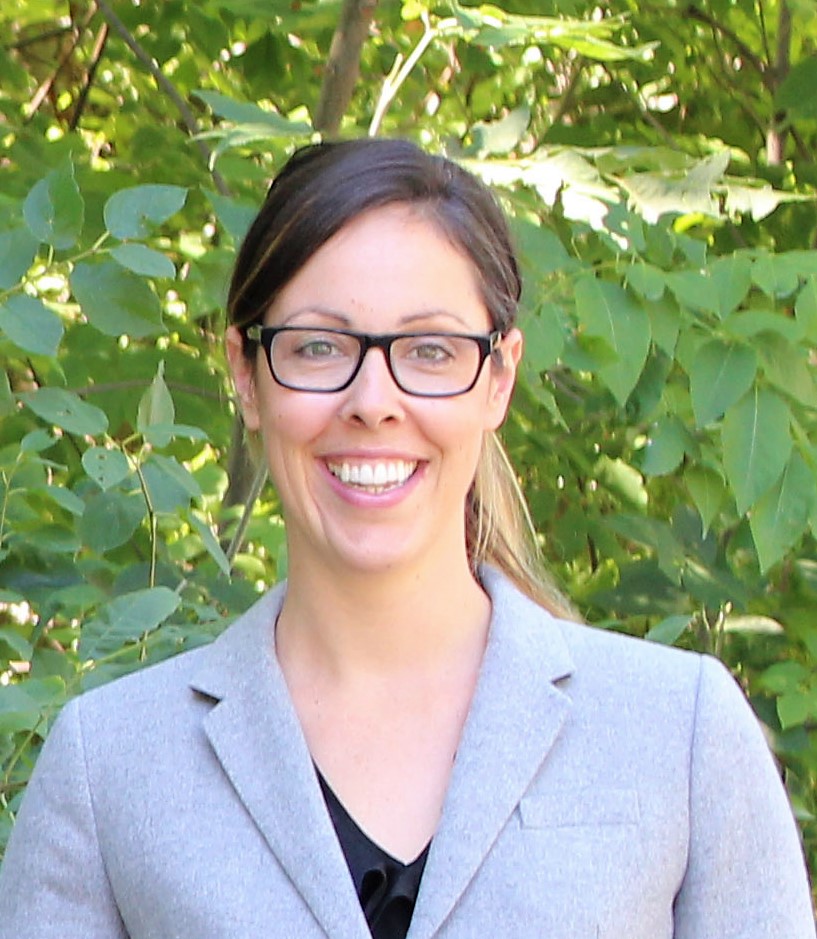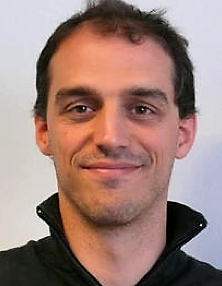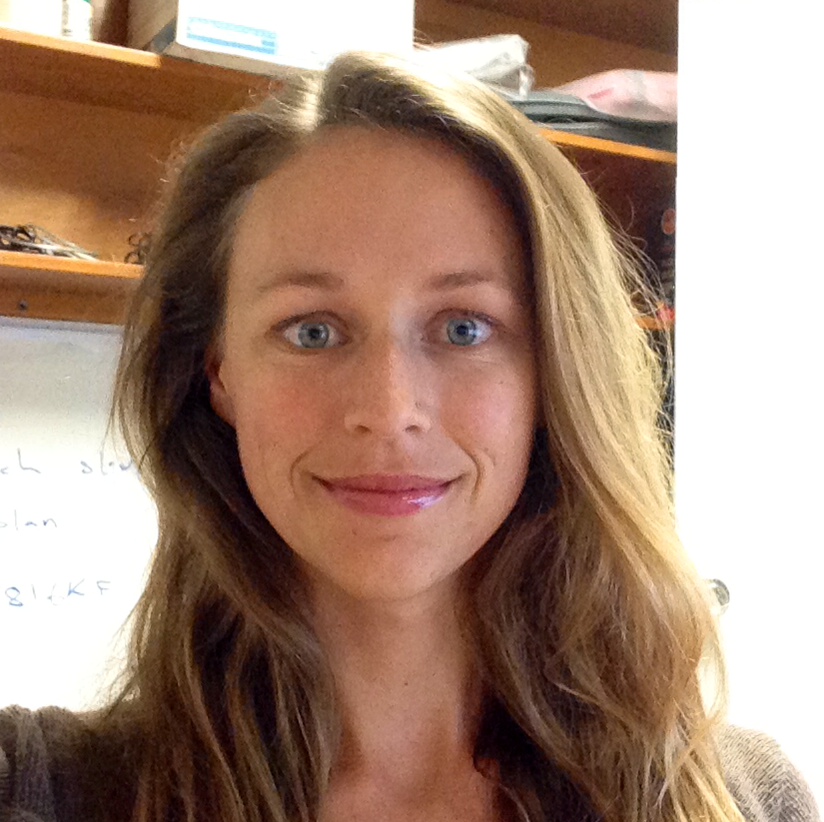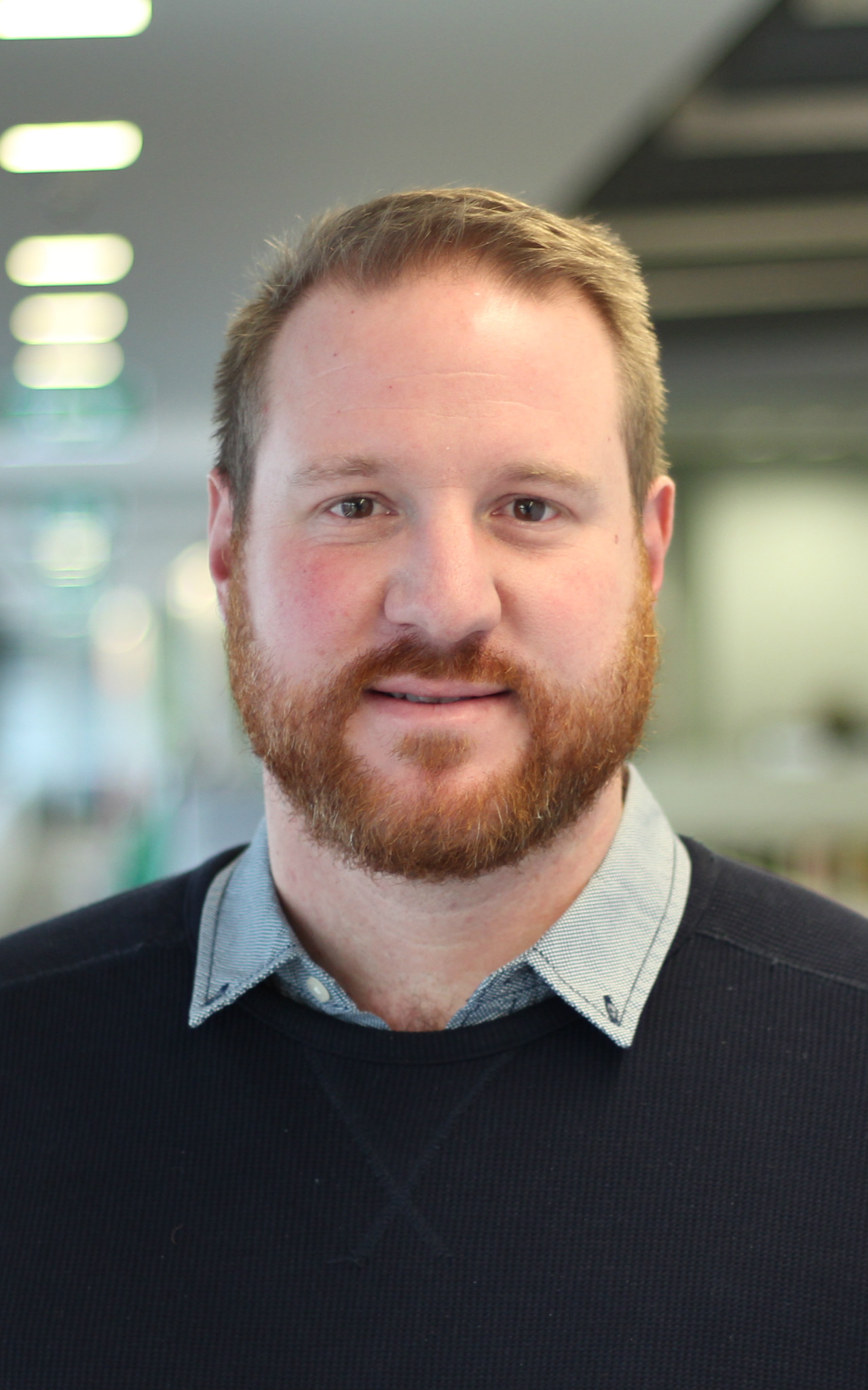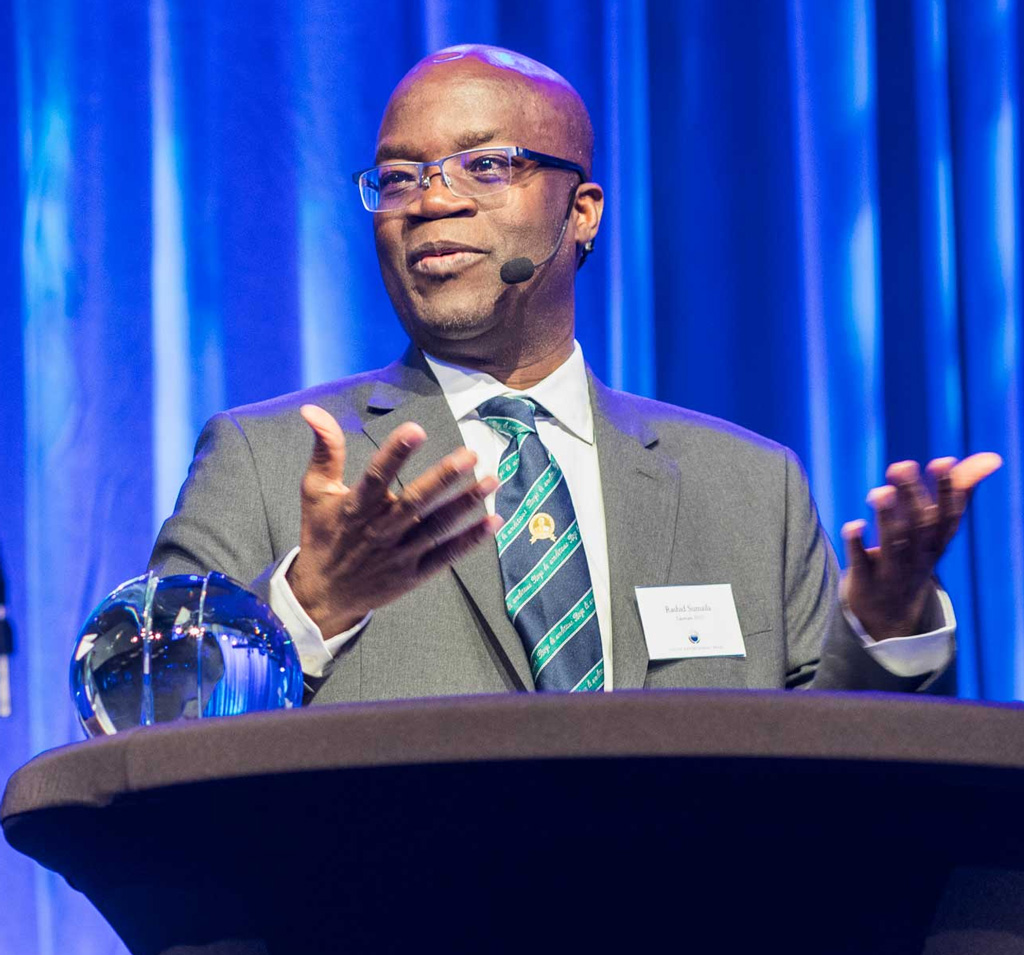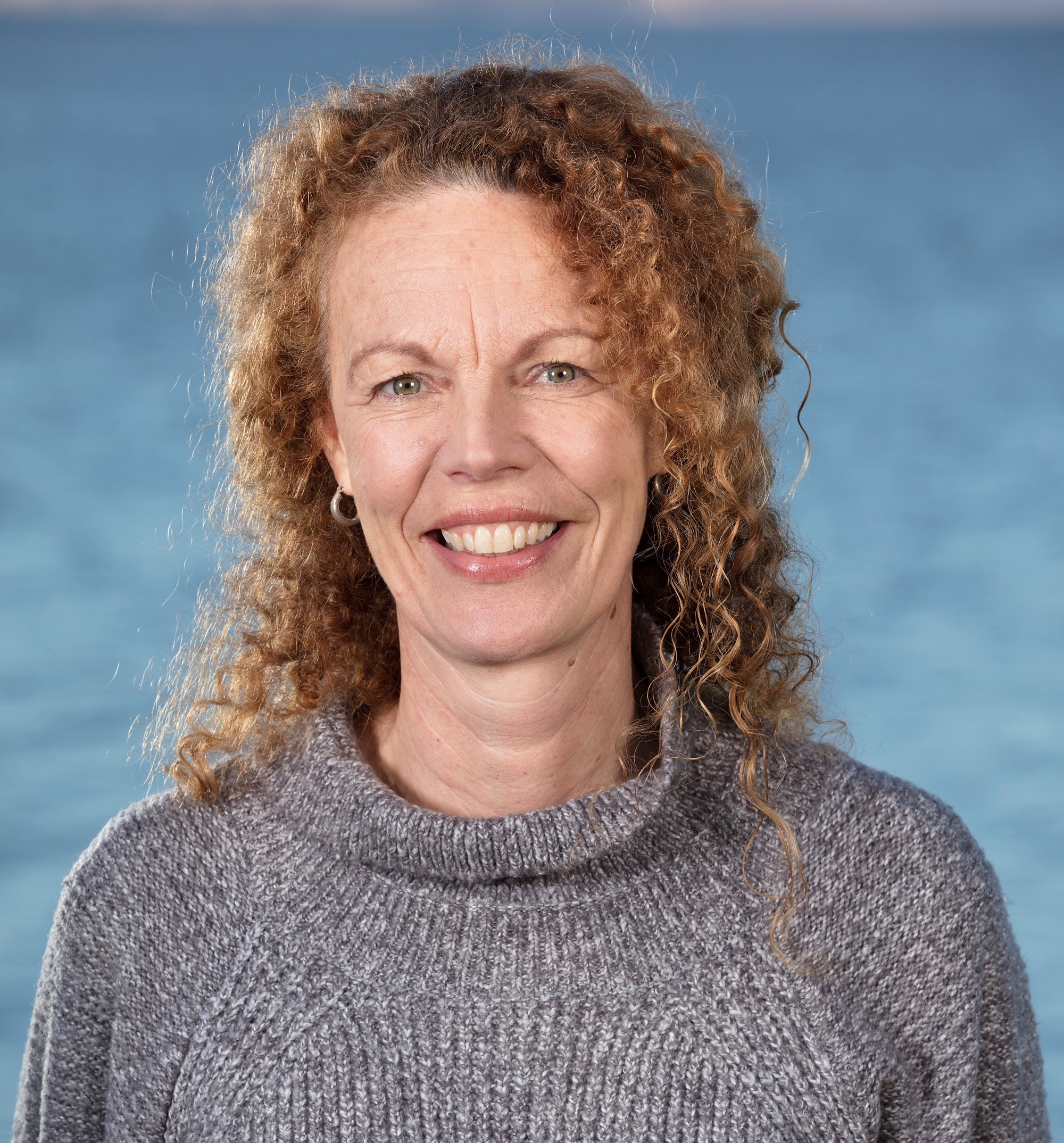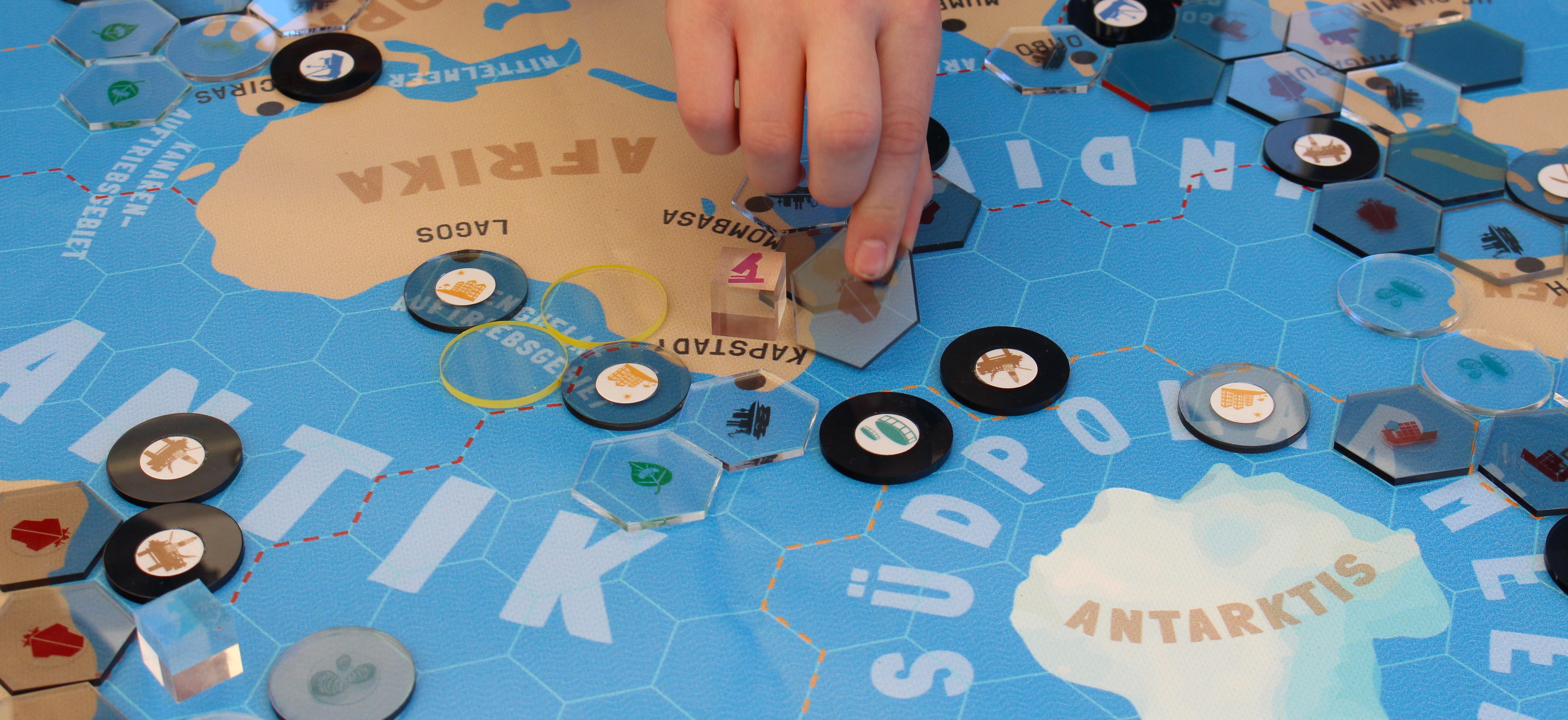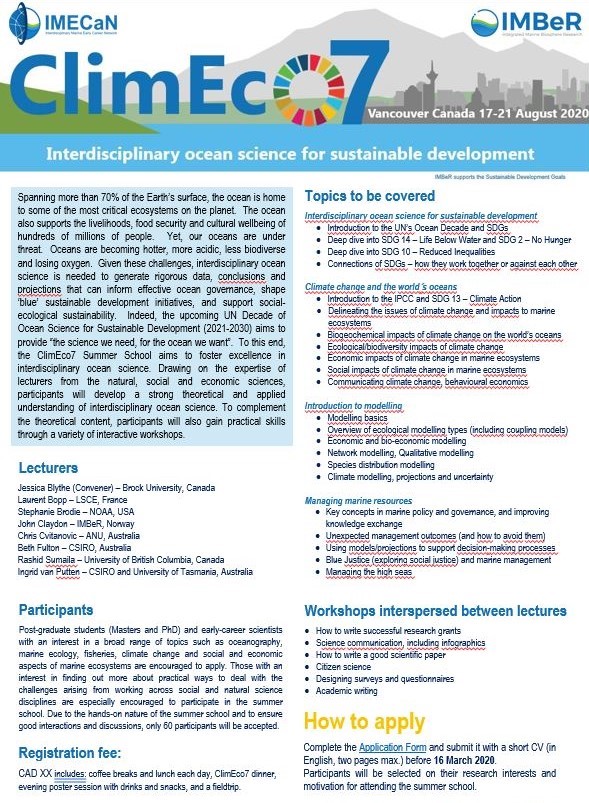Lecturers
|
|
Jessica BlytheJessica Blythe is an Assistant Professor at Brock University. Jessica’s research focuses on how communities experience environmental change and what explains their differential capacities for adaptation and transformation. She is particularly interested in building the resilience of local communities to climate change, securing sustainable small-scale fisheries, and equitable collaborative forms of marine resource governance. Her empirical work has been based in Eastern Africa, Melanesia, Australia, and most recently in southern Ontario in Canada. |
|
|
Laurent BoppLaurent Bopp is the Research Director at CNRS Laboratoire des Sciences du Climat de l’Environnement (LSCE) at l’Institute Pierre-Simon Laplace in Paris, France. His main research interests focus on the links between marine biogeochemical cycles and climate, and understanding how marine ecosystems and the ocean carbon cycle respond to climate variability and anthropogenically-driven climate change. He develops and uses marine biogeochemical and ecosystem models, coupled to Earth System Models.
|
|
|
Stephanie BrodieStephanie Brodie is an ecologist with a broad interest biogeography, fisheries, and animal ecophysiology. She has expertise in quantitative analyses and using diverse data sets to examine pelagic predator ecology and the roles that oceanographic processes play in species distributions. Steph is interested in applied research and understanding how climate change and variability is affecting living marine resources and dependent marine communities. She is a post-doctoral researcher at the University of California Santa Cruz and the National Ocean and Atmospheric Administration (NOAA) and the chair of IMBeR´s Interdisciplinary Marine Early Career Network (IMECaN). |
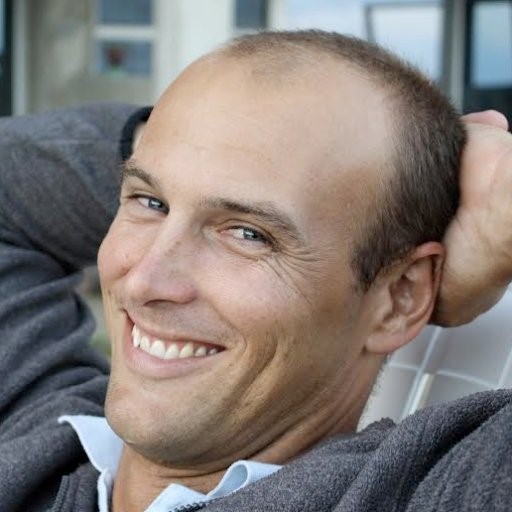 |
John ClaydonJohn is the Executive Director of the IMBeR (Integrated Marine Biosphere Research) International Project Office. John has a background in research, education, outreach, policy and enforcement. His past focus has been on tropical human-ocean systems, with a PhD studying spawning aggregations of reef fishes in Papua New Guinea, lecturing and running marine research and education centres in the Wider Caribbean Region, and leading the Department of Environment and Coastal Resources for the Turks and Caicos Islands’ Government. John is particularly interested in understanding how to increase the influence of science on policy and decision-making, and how to give marginalised stakeholders a stronger voice in the management of their natural resources.
|
|
|
Chris CvitanovicChris Cvitanovic is a transdisciplinary marine researcher at the Centre for the Public Awareness of Science (CPAS) at the Australian National University, Australia. Most broadly his research is focused on improving the relationship between marine science, policy and practice to enable evidence-informed decision-making for ocean sustainability. In addition to this work he has published broadly on topics including marine governance, community engagement, social license, and approaches for better supporting the development of early career marine researchers. He was the first Early Career member of the IMBeR Scientific Steering Committee and established IMBeR’s Interdisciplinary Marine Early Career Network (IMECaN) , which he chaired it for its first two years. |
|
|
Beth FultonBeth Fulton is a Principal Research Scientist with CSIRO Oceans and Atmosphere. She is also the Deputy Director of the Centre of Marine Socioecology and the Research Program Leader for Ecosystems and Environment in the Australia Blue Economy Cooperative Research Centre. Beth has vast experience in ecosystem modelling and sustainability, working with a broad range of collaborators to find practical means of achieving ecosystem-based management and sustainability. She has developed various system modelling tools, the best known of which is the Atlantis modelling framework that has been applied in more than 40 marine ecosystems around the world. The models developed by Beth's team are some of the first to give equal attention to biophysical and human components of marine and coastal ecosystems and have been used to consider effective means of conserving and monitoring marine and coastal ecosystems. |
|
|
Rashid SumailaRashid Sumaila is Professor and Canada Research Chair in Interdisciplinary Oceans and Fisheries Economics at the Institute for the Oceans and Fisheries & School of Public Policy and Global Affairs, the University of British Columbia. He specialises in bioeconomics, marine ecosystem valuation and the analysis of global issues such as fisheries subsidies, illegal fishing, climate change and oil spills. Sumaila is widely published and cited. He is on the Editorial Boards of several journals, including Science Advances, Scientific Reports and Environmental & Resource Economics. He has won numerous awards, the 2019 Murray A. Newman Research Award, the 2018 UBC President's Award for Public Education Through Media; the 2017 Volvo Environment Prize; the 2017 Benchley Oceans Award in Science and the 2016 UBC Killam Research Prize. Rashid was named a Hokkaido University Ambassador in 2016 and elected a Fellow of the Royal Society of Canada in 2019. He has given talks at the UN Rio+20, the WTO, the White House, the Canadian Parliament, the African Union, the St James Palace, the European Parliament and the British House of Lords. |
|
|
Ingrid van PuttenIngrid van Putten is a Research Scientist in the ecosystem modelling team of CSIRO Oceans and Atmosphere and also a Senior Adjunct Researcher at the Centre of Marine Socioecology at the University of Tasmania. Her research focuses on using behavioural sciences, in particular behavioural economics, to improve our understanding of the social and economic behaviour of marine resource users (fisheries, aquaculture, recreation, and other marine sectors) and their interactions with the biophysical marine environment. She aims to improve the management and long-term viability of coupled social-ecological systems by better understanding what prompts resource user’s behaviour and find tractable ways to influence their behaviour and reduce risks. Ingrid´s work is both theoretical and applied/empirical, making use of both qualitative and quantitative methods, and a combination of analytical and statistical approaches. She uses different modelling tools and approaches (e.g. Bayesian and network analysis) to represent resource user behaviour and interactions at the appropriate level of complexity. A large part of her research consists of working in interdisciplinary teams and connecting the ecological and human dimensions of marine and coastal management. Ingrid is the Chair of the IMBeR Human Dimensions Working Group. |
|
|
Stefan KoenigsteinStefan is a research scientist from the Sustainability Research Centre in Bremen, Germany and the Institute of Marine Sciences at UC Santa Cruz, USA. He is part of an interdisciplinary team that developed Ocean Limited, a game where players take on the role of different stakeholders to negotiate their interests in marine resources, all the while dealing with the environmental consequences of human uses and the impacts of climate change on the oceans. To mitigate the impacts and maintain their livelihoods, sustainable compromises need to be made! Stefan will facilitate sessions of role-play and negotiations with the newly minted Ocean Limited.
|

